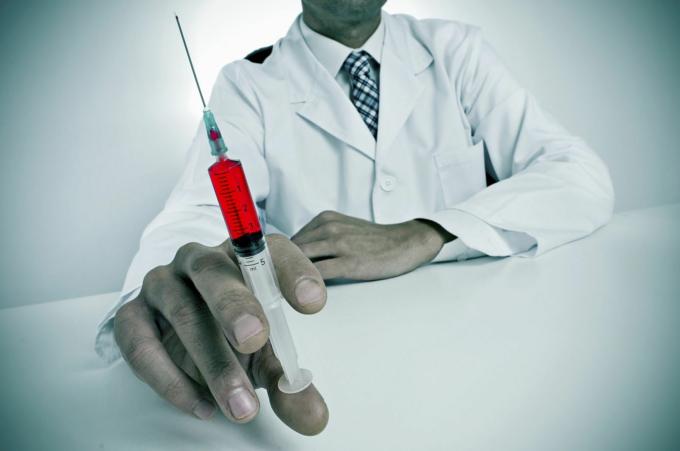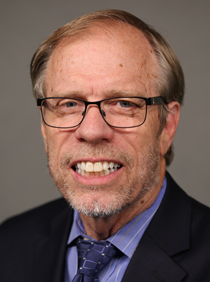
Culture
If doctors don't step in, the marketers of assisted suicide will.

Erlandson
My father-in-law died this past month. He was a good, hardworking man, an immigrant, self-taught and self-reliant.
As is likely both the fear and the fate of many of us, he died in a hospital, tethered to a swarm of Ivs. With various doctors weighing in on his various conditions, his family struggled to make the right decisions at a time of conflicting advice and great emotion. No one wanted him to go. No one wanted him to suffer.
All our lives, we've been trained to rely on doctors for advice. At this literally life-and-death moment, however, they often let us down. As Dr. Dhruv Khullar wrote in The New York Times recently, "For years the medical profession has largely fumbled the question of what we should do when there's nothing more we can do."
In his column, Khullar described a situation where "Medicare spending for patients in the last year of life ... accounts for quarter of the total Medicare budget." But all of this spending does not necessarily mean that the patient is living longer or is more comfortable, or that the family is more informed. Indeed, there is some evidence that less aggressive care can lead to more time and less discomfort for the patient.
Proponents of palliative care (when treatment for symptoms can continue) and hospice (when treatments are discontinued but a patient's comfort in his final stage is paramount) are more vocal now, but one's access to such measures often depend on one's class and race as well as one's health care system.
There are many reasons for Catholics and Catholic institutions to support frank conversations about such alternatives. We do not hold that life is to be clung to at all costs, nor do we believe that extraordinary means must be taken to preserve life. We know that there is more to life than death.
Yet because of our belief in the dignity of human life, we are also sensitive to anything that smacks of coercion, that puts the vulnerable at risk or that masks itself as compassionate when it is simply a ruthless calculation.
"Death by doctor" is frequently offered up as an alternative to what many fear will be a long, expensive, painful decline. Often called "assisted suicide," it is a brilliant bit of marketing, as is the organization that sells it. Once named after a poison (the Hemlock Society), this organization now calls itself Compassion & Choices. Its lobbyists have been relentlessly pursuing assisted suicide laws across the nation.
And they have had success, with some form of assisted suicide legal in six states and the District of Columbia. This year, nine states are considered vulnerable to this kind of legislation. The American Medical Association's 's Council on Ethical and Judicial Affairs is studying the doctor-assisted suicide issue and will submit a report in June.
What drives many voters to be open to death by doctor is the fear that at the end of their lives, they will lose control and suffer great pain. If my family's experience is any guide, this is where sensitive and humane caregivers can play a critical role, helping a family facing difficult decisions.
If doctors don't step in, the marketers of assisted suicide will. And the slope is both slippery and steep.
Belgium and the Netherlands both legalized end-of-life assisted suicide, promising strict safeguards. Now patients suffering from depression, schizophrenia, autism and other nonfatal diseases can opt for what increasingly looks like mercy killing.
The sting of death today is when cost controls and convenience masquerade as choice for those most vulnerable to coercion.
- Greg Erlandson is director and editor-in-chief of Catholic News Service.
Recent articles in the Culture & Events section
-
'Dignitas' and the mediaRussell Shaw
-
Scripture Reflection for April 14, 2024, Third Sunday of EasterDeacon Greg Kandra
-
St. Helena's House is established in the South EndThomas Lester
-
Is this synodality?Russell Shaw
-
Poking the hornet's nest of IVFFather Tadeusz Pacholczyk


















